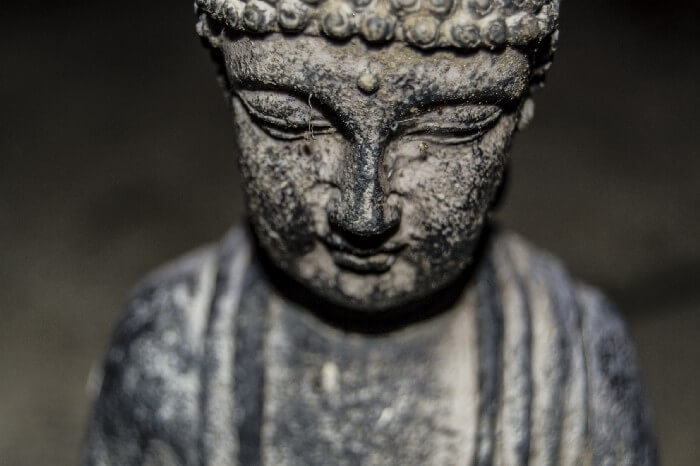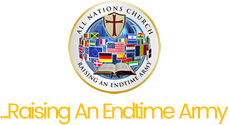- August 10, 2020
- Posted by: Admin
- Category: Uncategorized

The words spirituality and religion are often used synonymously; however, they are fundamentally unique with diverse implications. Religion emphasizes a set of shared practices within a local or global community of believers. With a strong focus on devotional observances, religious doctrine seeks to define the relationship between an individual and the divine and devout teachings have permeated through human history. Spirituality lends autonomy over one’s interpretation of the soul and encourages an introspective look at oneself. Despite fundamental differences, spirituality and religion are not historically opposed to one another and typically non secular teachings and philosophies point to the critical role spirituality plays in one’s daily life.
According to Pastor Courage Igene, the Founder and President of All Nations Church. “spirituality and religion are part of the same continuum that aims to cultivate, elevate and illuminate us — so that we ultimately realize with clarity and conviction that we are not merely made of flesh, blood and bone and beholden to our biological programming, but that we are part of a higher order of existence, that the universe is a harmonious cosmos instead of a frantic chaos, that we are all connected, and that Divine love is the ultimate law.”
In practical terms, Pastor Courage Igene sees eight integrated elements in the concept of spirituality: understanding different kinds and dimensions or prayer; spiritual gifts, fruit and manifestations of the Holy Spirit; discipleship, mentor ship, leadership, praise and worship, ministry gifts and callings, and understanding the 5-fold ministry.
Comments Pastor Courage Igene: “I believe that the 5-fold ministry, which is inspired by Paul’s instructions to believers in Ephesians 4:11–16, is a blueprint for helping people from all walks of life understand their purpose in a spiritual context, and help them nourish their spiritual gifts by embracing one of five roles: Dream Awakener, Heart Revealer, Storyteller, Soul Healer, and Light Giver. I have also created a simple mobile test to help people identify their spiritual calling, and discover how they can best Minister with God and carry out His work in this world. So far, more than 193,000 people from around the globe have taken the test, and hundreds of people take it each day.”
As for the religion side of the equation, Pastor Courage Igene sees it as deeply rooted in 12 theological areas and topics, including: Bible doctrines; new creation realities; the Bible revealed; the authority of the believer; the historical and present day ministry of Jesus; Covenants of God; New Testament culture; homiletics; hermeneutics and exegesis; foundation of faith; church history; and eschatology, which is the aspect of theology that is concerned with death, judgment, and the final destiny of the soul and of humankind.
According to Pastor Courage Igene, if spirituality is the fruit of one’s faith, then we might say that religion is the rich soil that sustains it and gives it structure, stability and support. This is extremely important, because spirituality without religion has the potential to be destructive to others and to oneself if there are no guiding principles and core values.
Conversely, religion without spirituality has the potential to be dogmatic, and more focused on enjoying rewards in the next life than helping others in this life. In the simplest and purest sense, spirituality and religion are dual wings of the soul. They work together in tandem and rhythm. When that happens, people soar to new heights, and they become a true blessing and inspiration in this world. They are both the givers and the gift!
